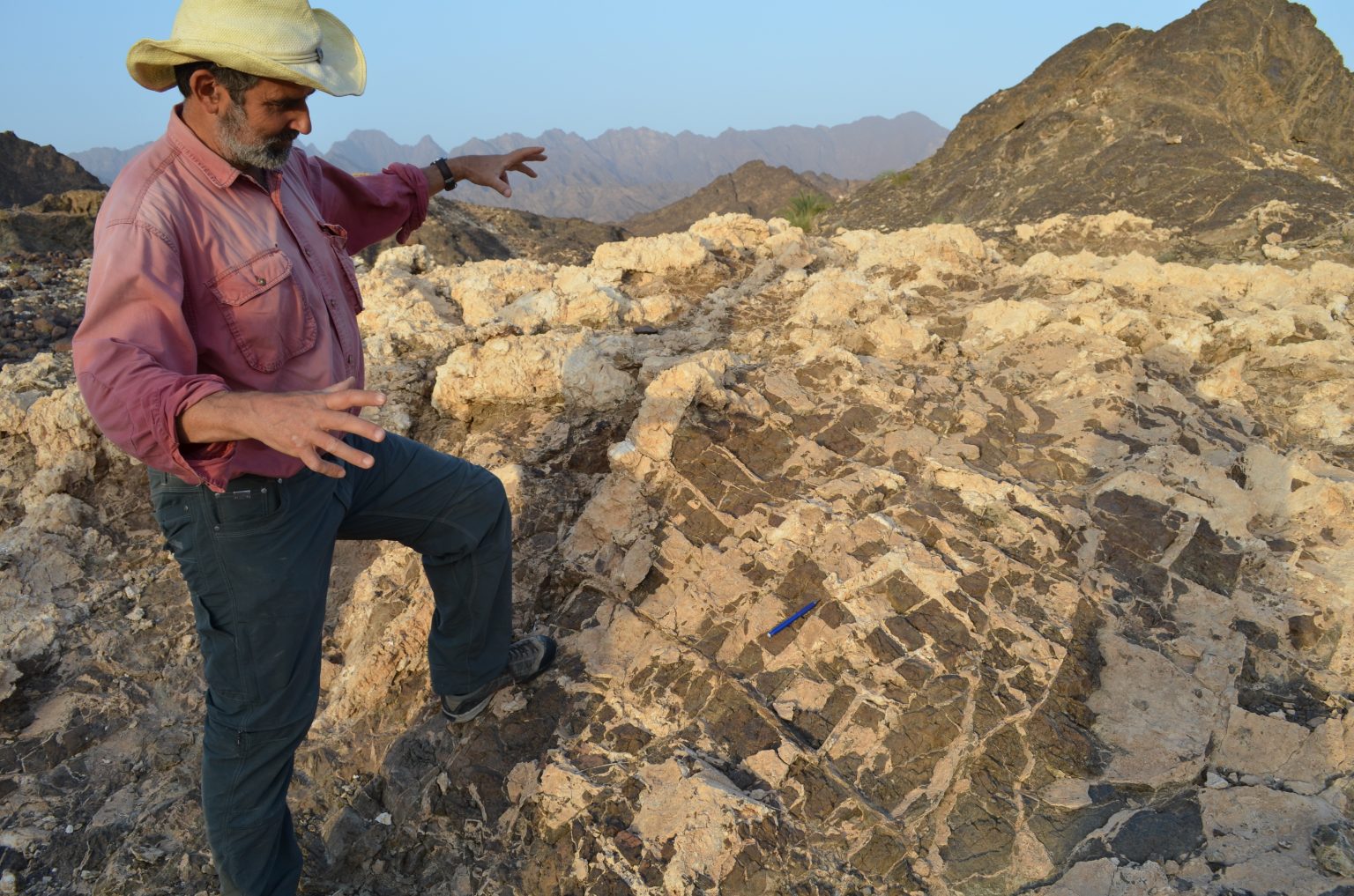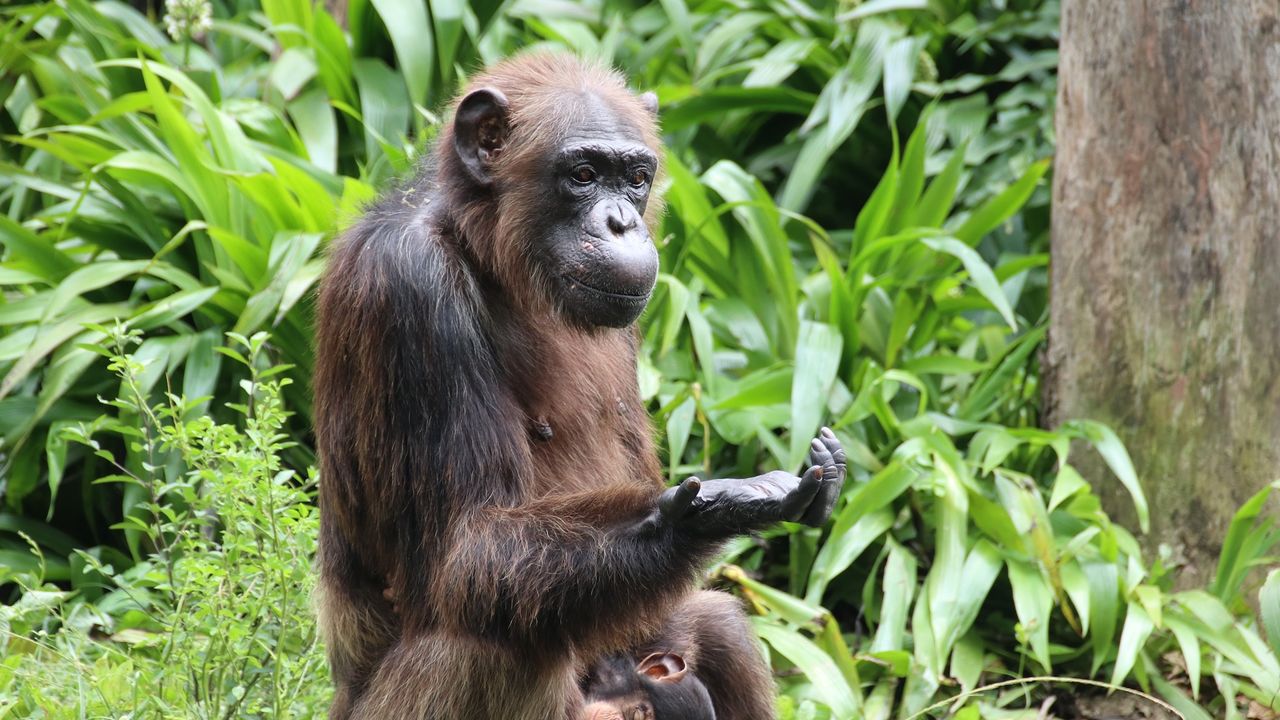Earth’s Continents Stabilized Due to Furnace-Like Heat, Study Reveals
PositiveScience

A recent study reveals that Earth's continents stabilized due to intense furnace-like heat, shedding light on our planet's geological history. This discovery is significant not only for understanding Earth's past but also for its implications in the search for critical minerals and potentially habitable planets beyond our own. As scientists delve deeper into these findings, they may unlock new avenues for exploration and resource acquisition, making this research a pivotal moment in both geology and astrobiology.
— Curated by the World Pulse Now AI Editorial System












